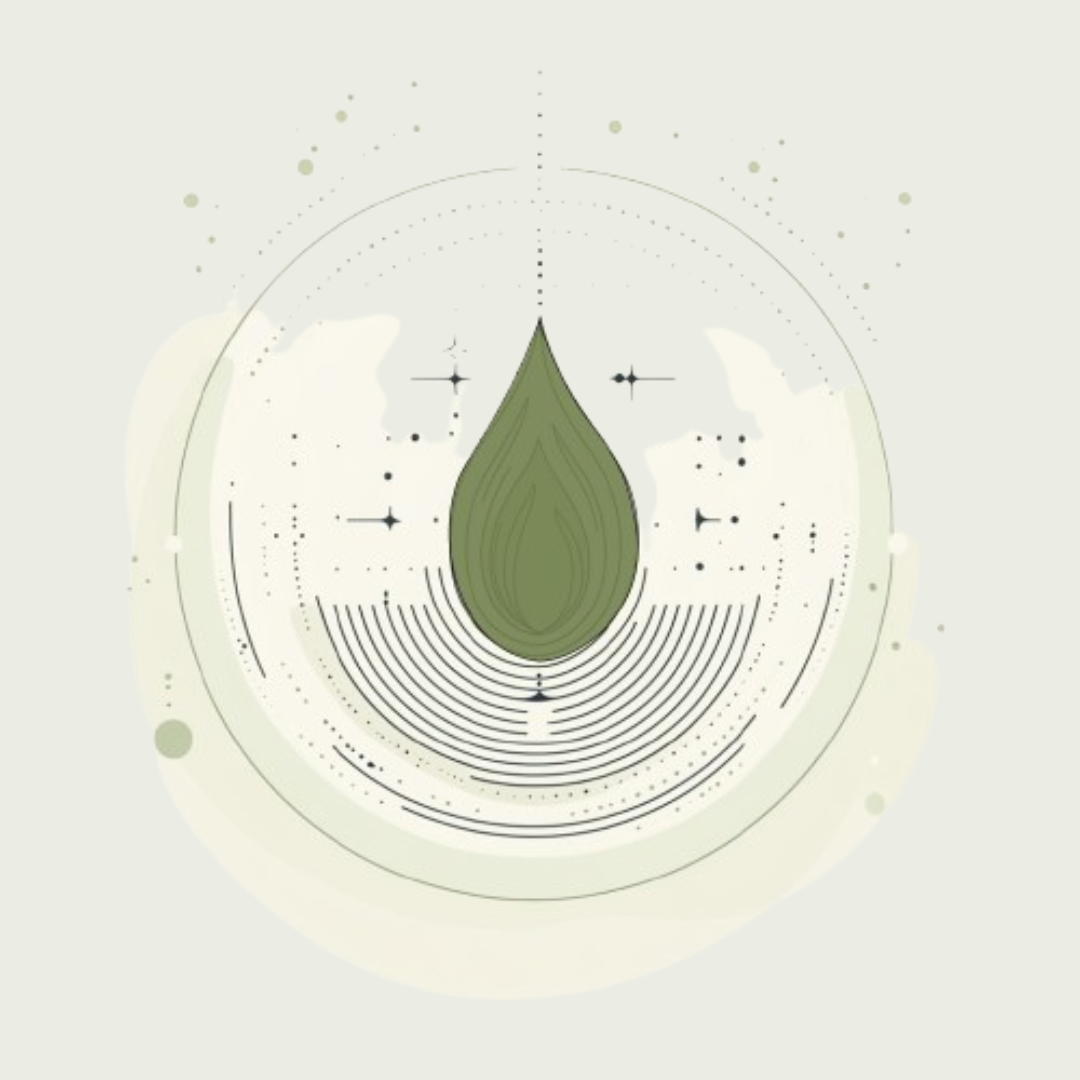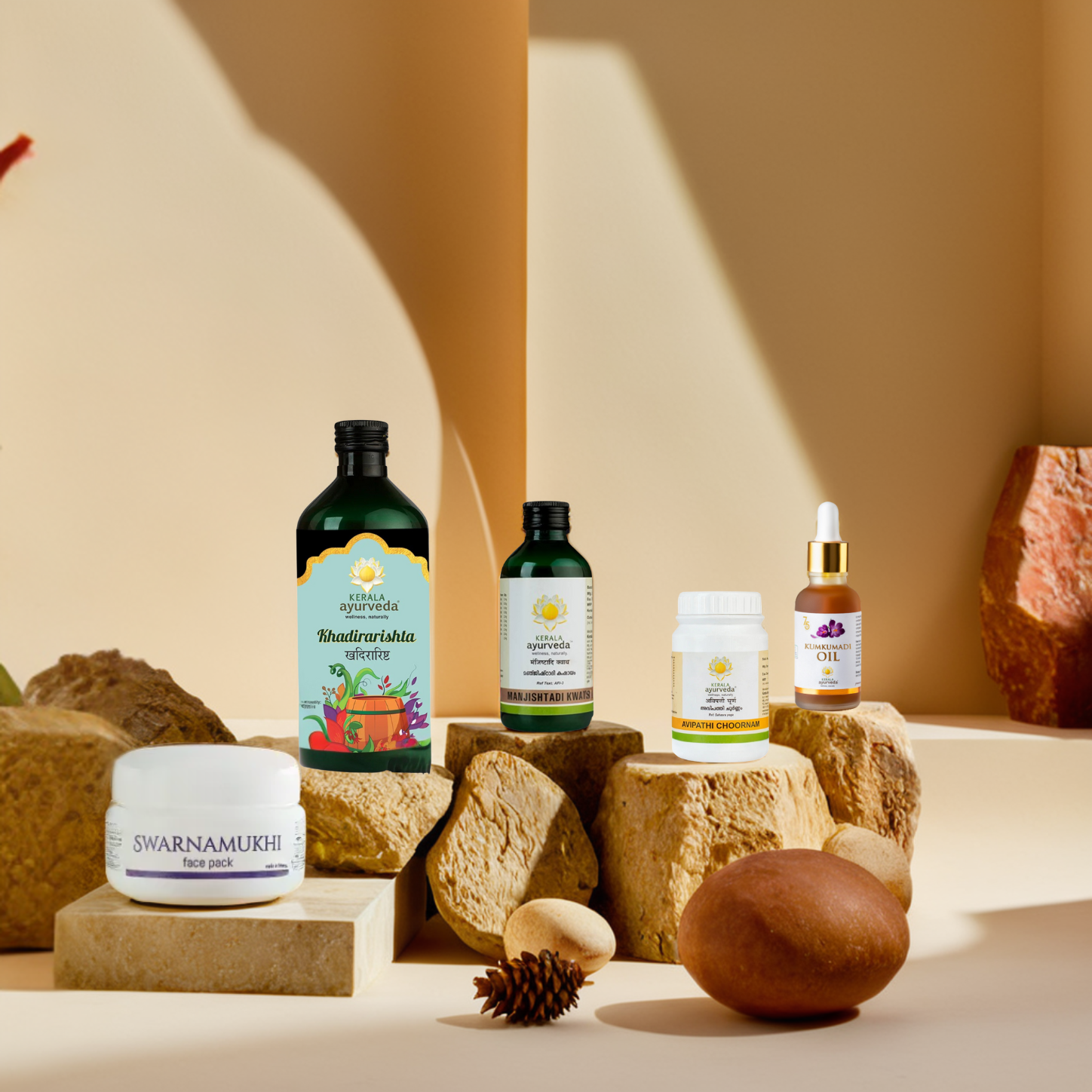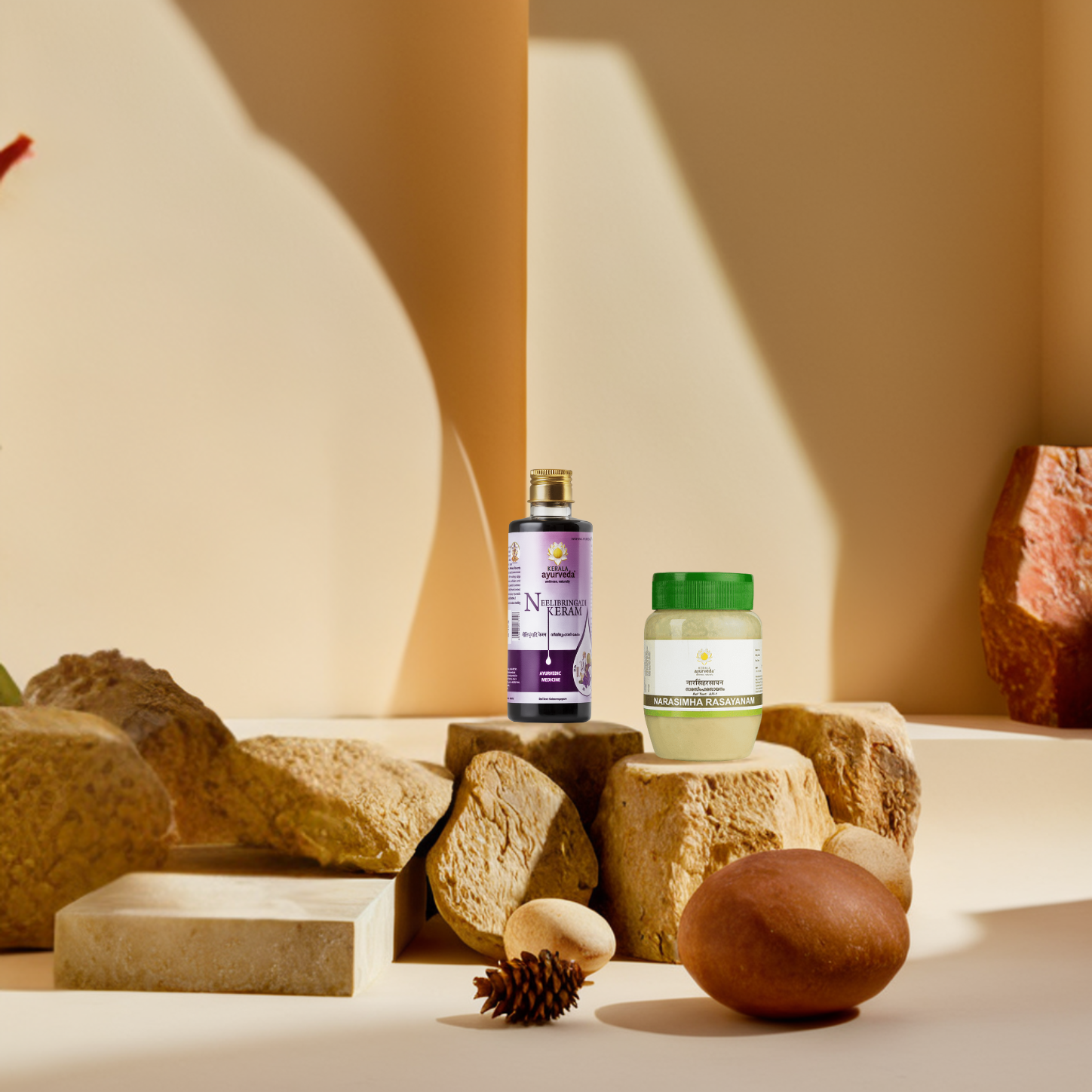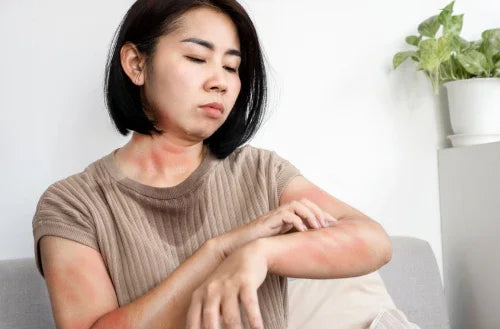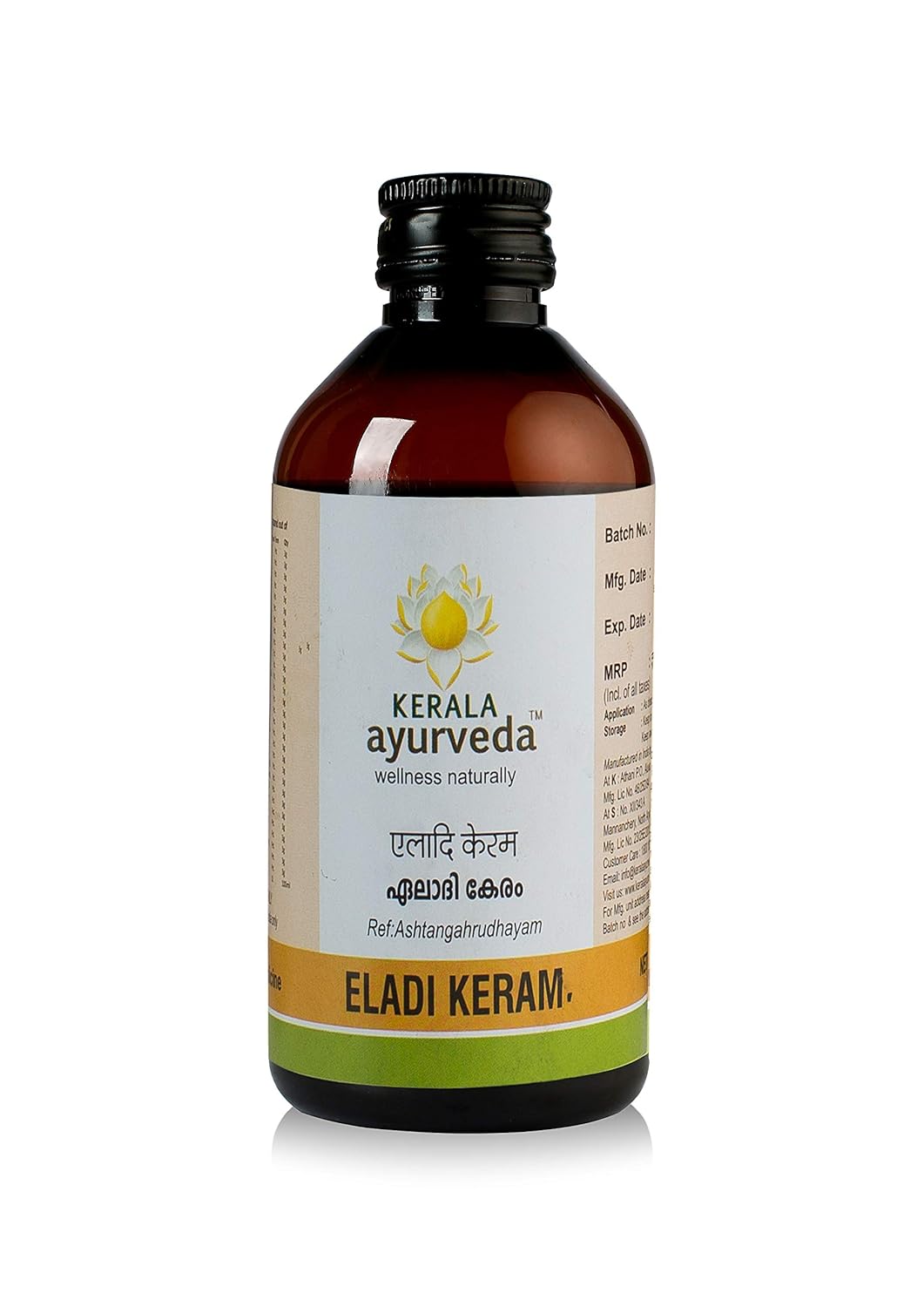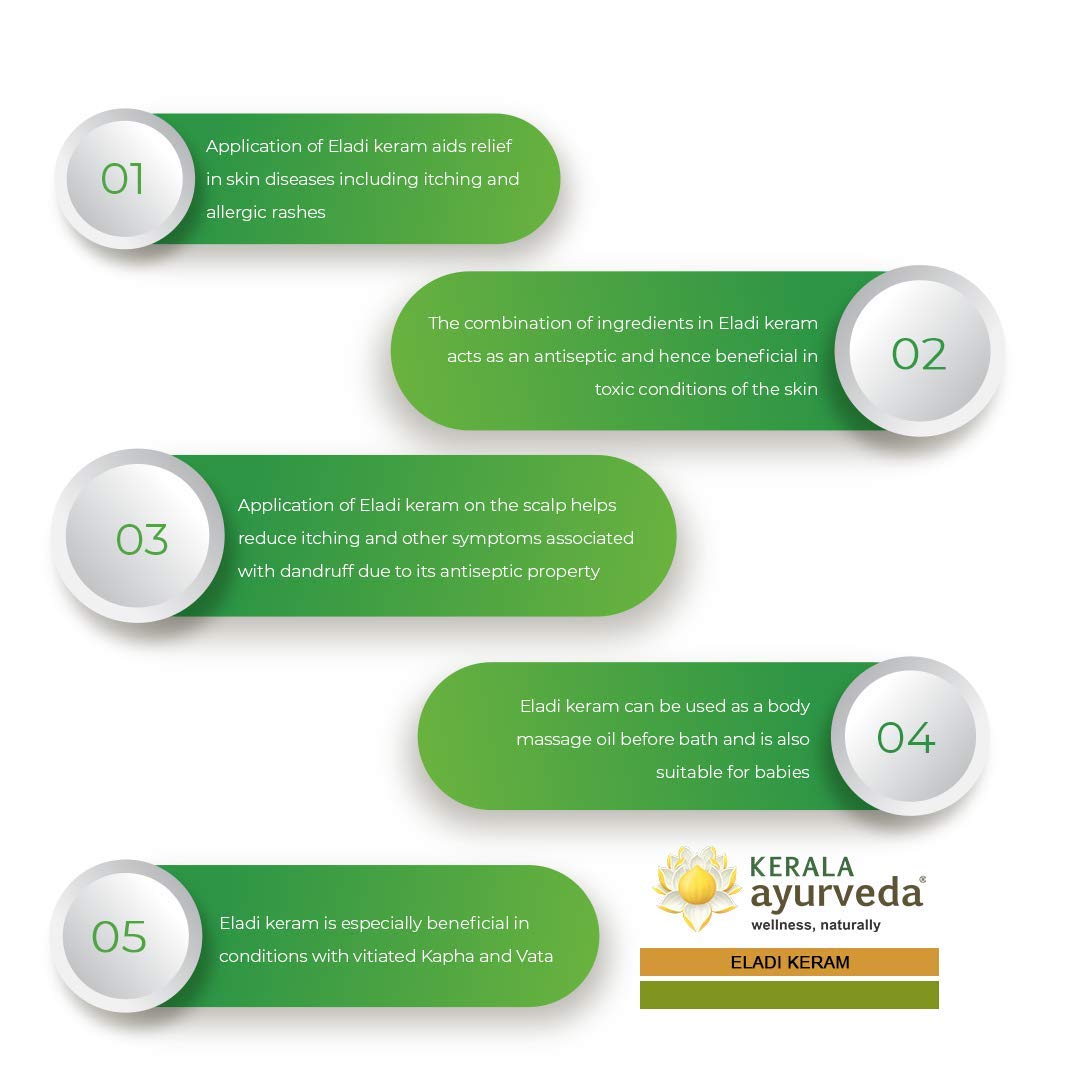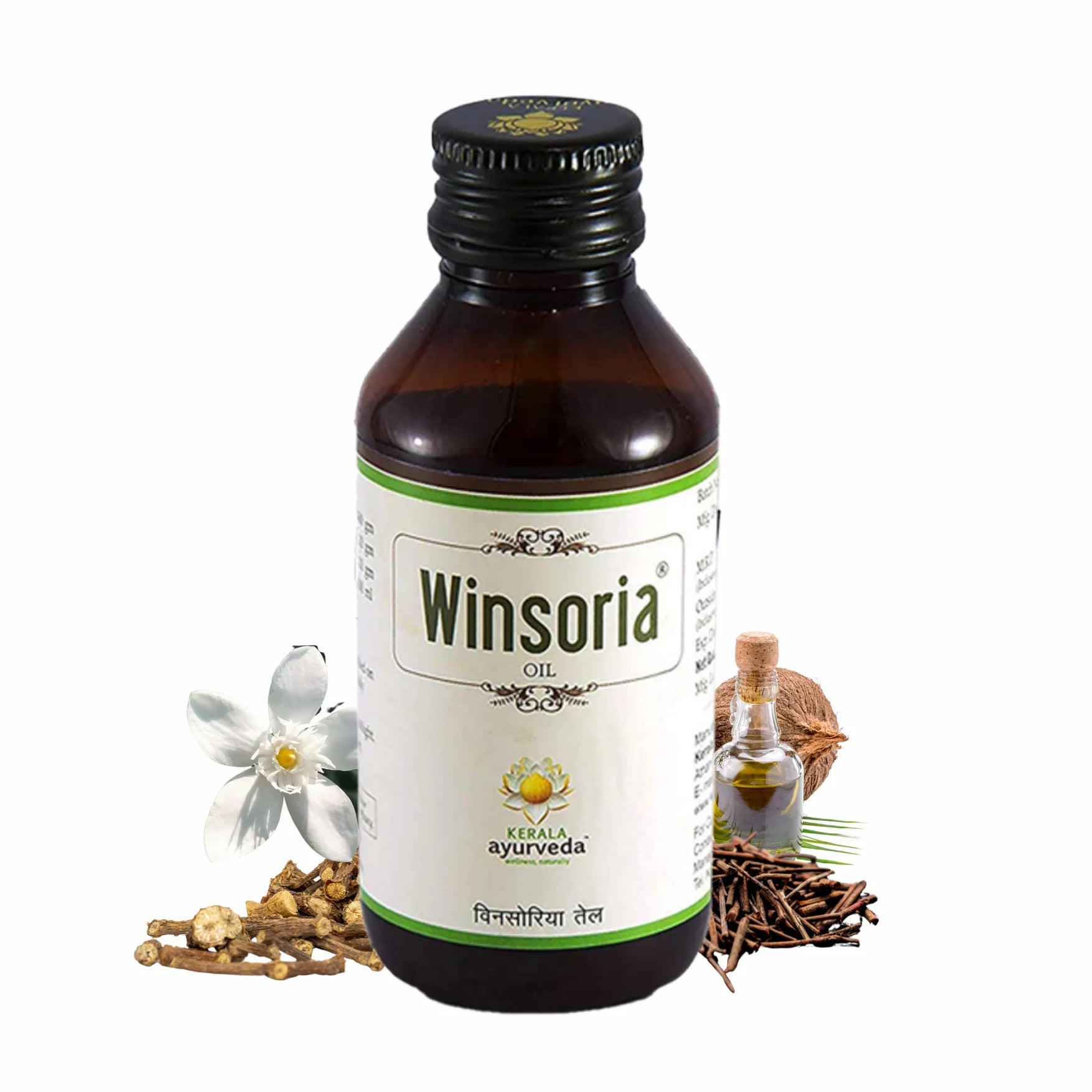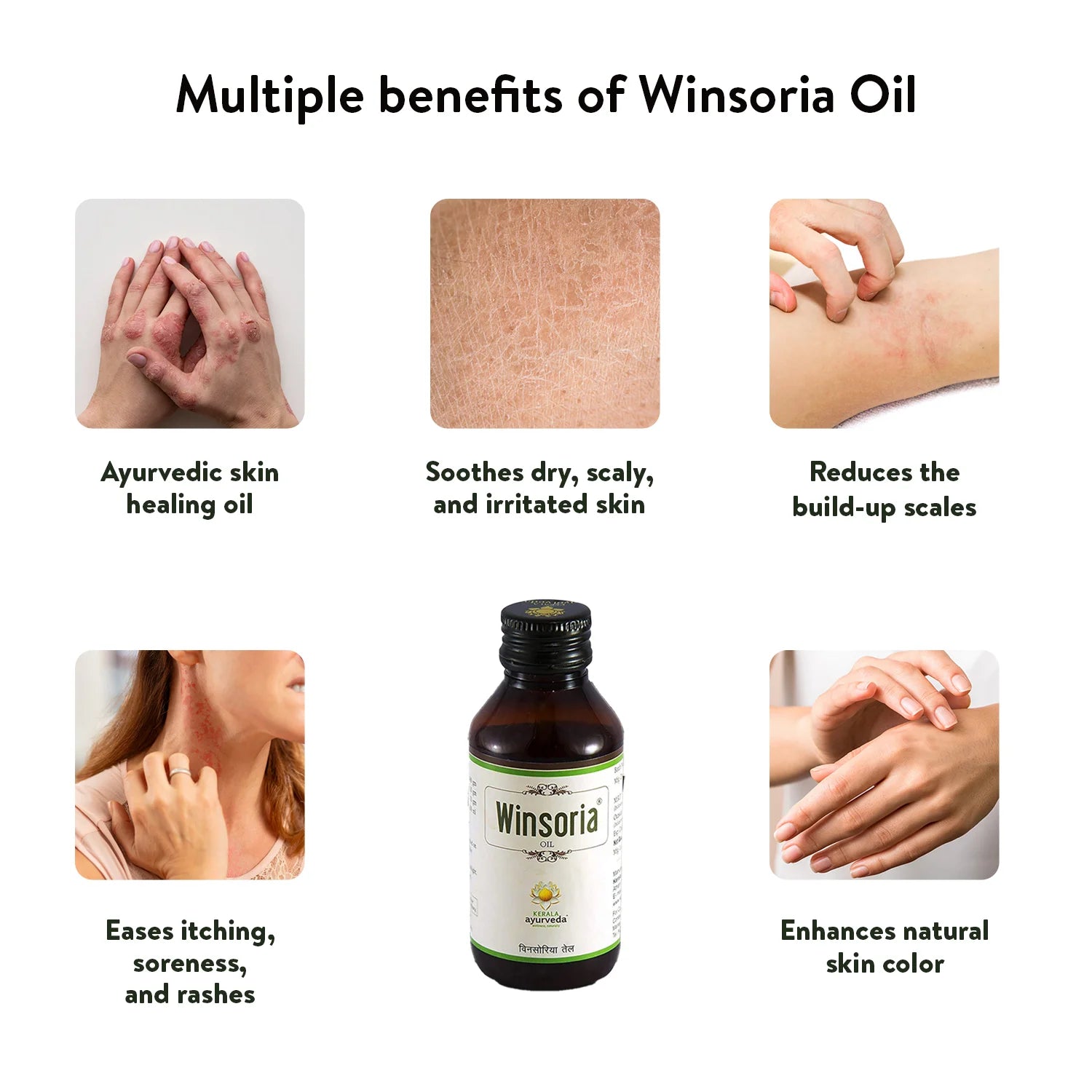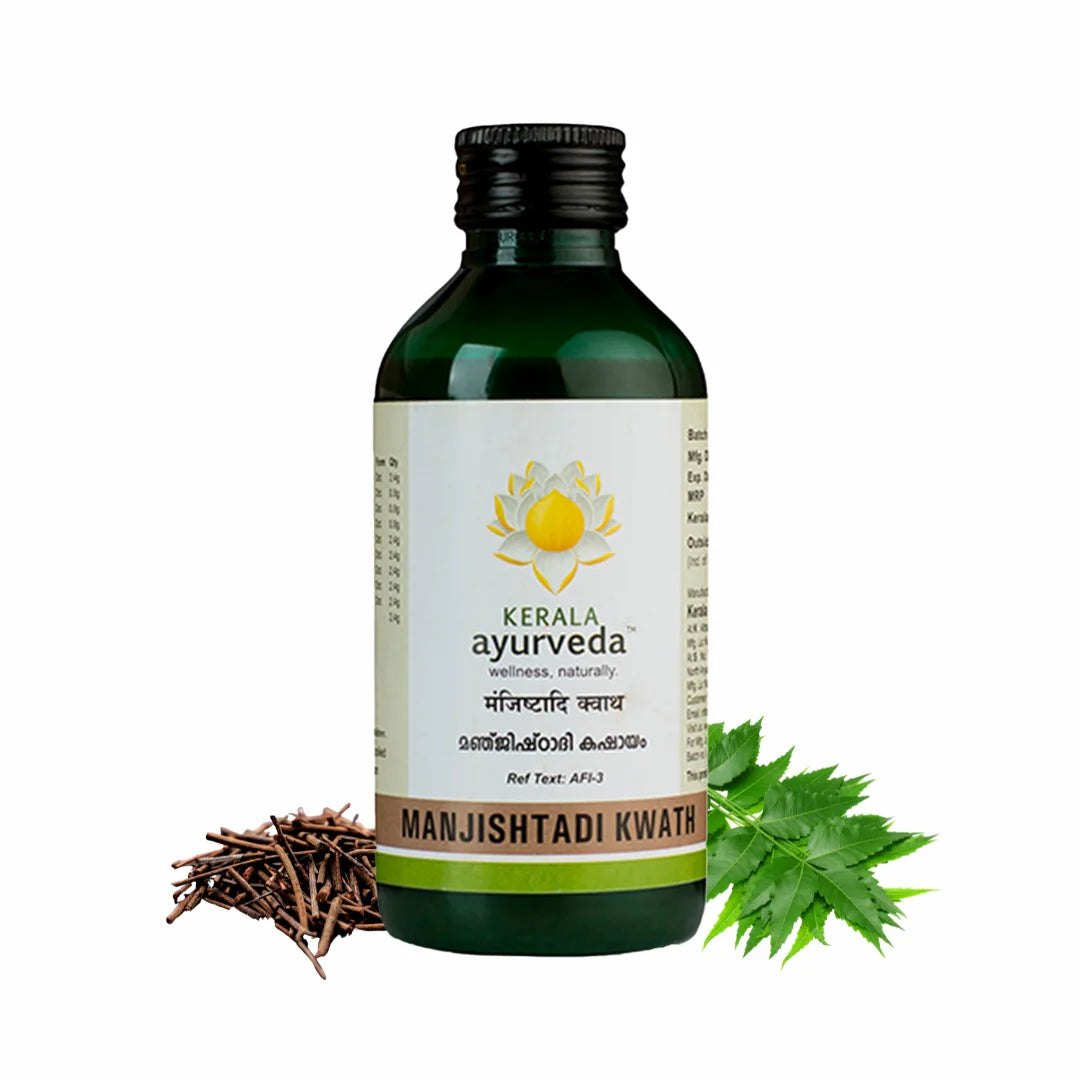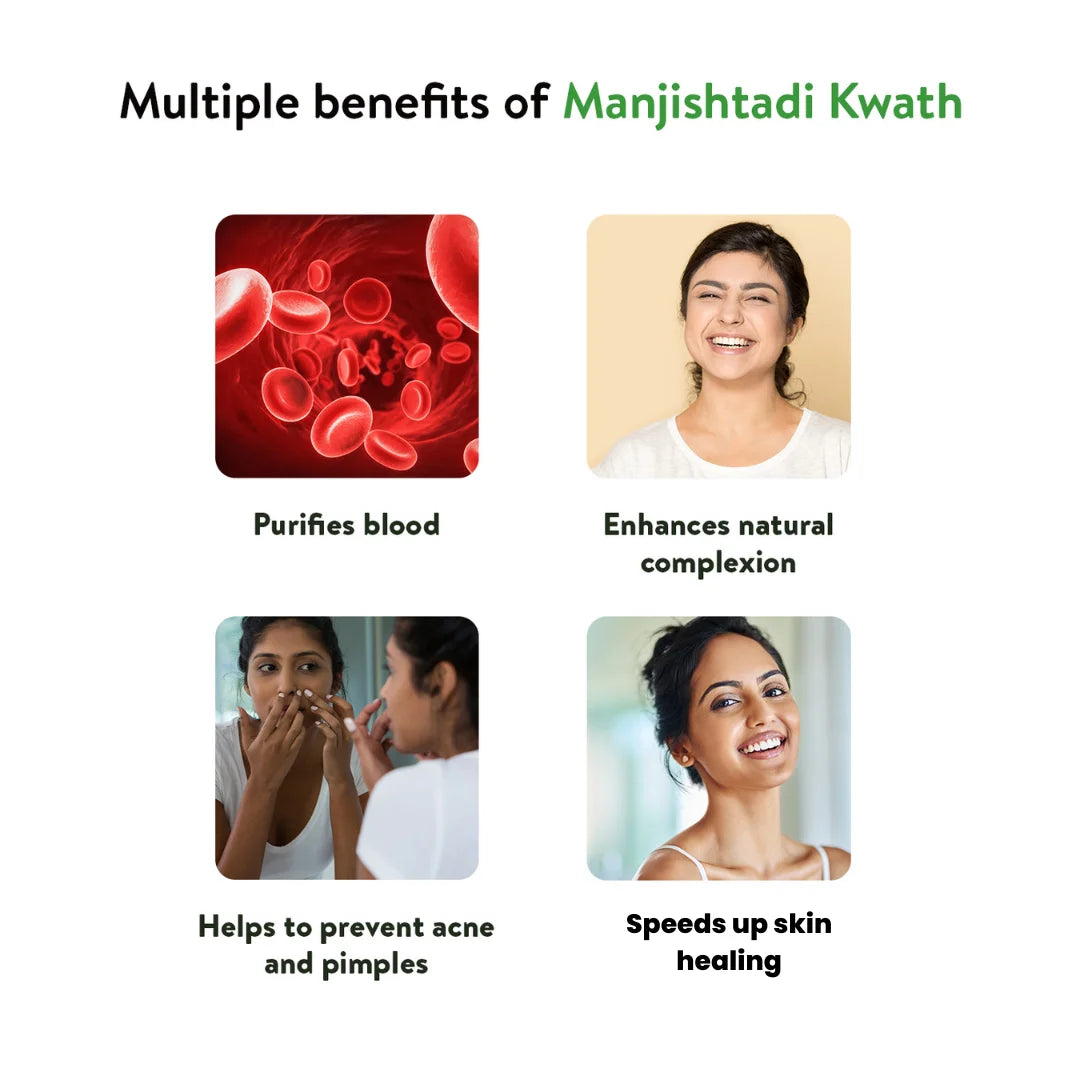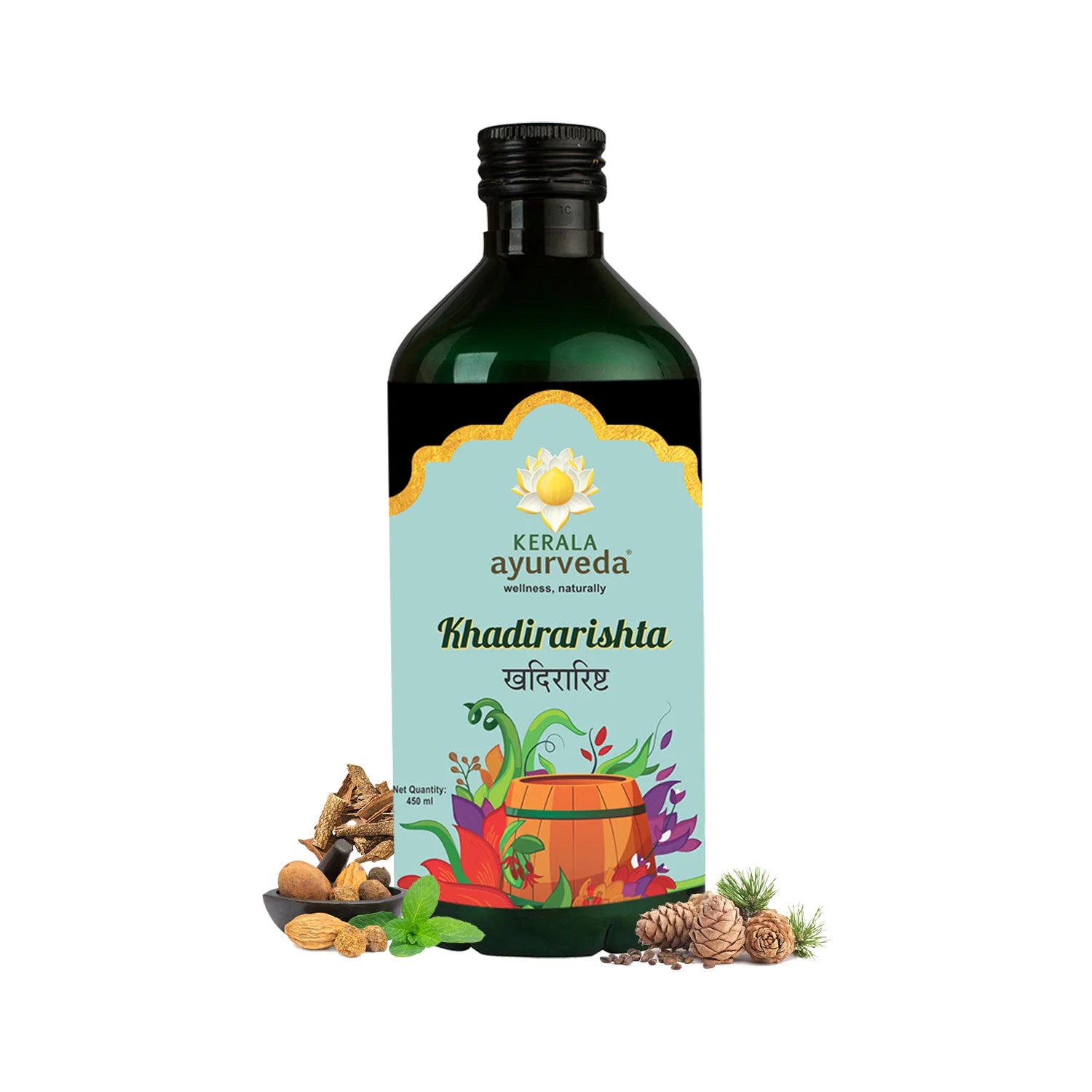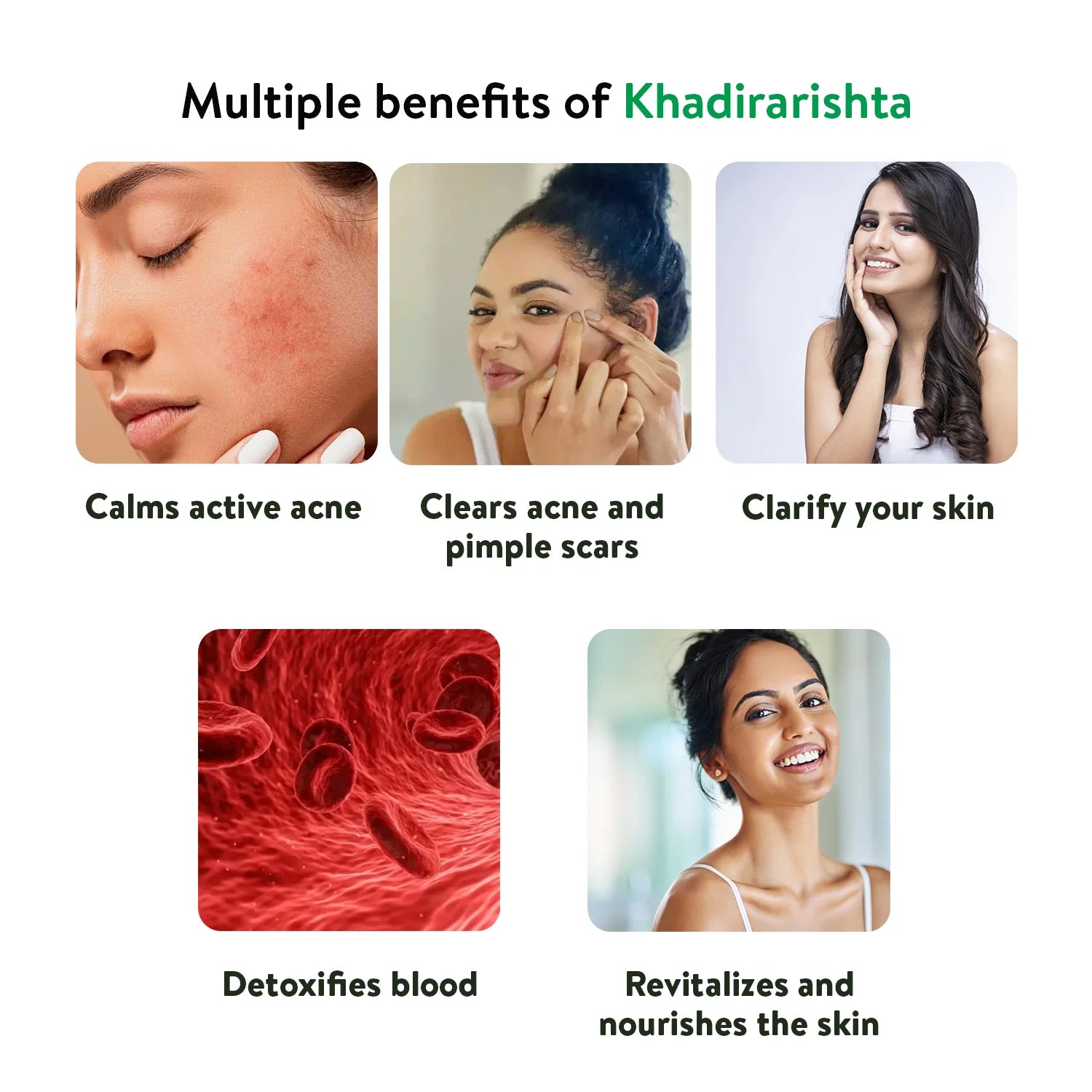Highlights
Eczema is a chronic skin condition that causes redness, itching, and inflammation, often triggered by allergies, stress, or environmental factors. While conventional treatments provide relief, Ayurveda takes a holistic approach by addressing the root cause, balancing doshas (energies of the body), and using herbal remedies to soothe the skin, reduce flare-ups, and restore natural skin health.
Eczema, also known as atopic dermatitis, is like a fiery protest on your skin, showing up as inflammation, itching, flaking, and a burning sensation.
It often starts with dry, itchy skin, and then the inflammation flares up, making things even more painful and itchy. And the worst part? Scratching only makes it worse.
While it can seem like eczema appears out of nowhere, it often has roots in your genes. Think of it as a predisposition to waiting for a trigger. There are a few common triggers and types of eczema that you need to know.
Common Types of Eczema
Eczema can be classified into different types based on its symptoms and how long they persist. Let's briefly understand the various types of eczema.
- Atopic Eczema: Common in kids, but adults can also get it. Itchy, dry skin leads to rashes and bumps, often behind the knees and on the chest. Scratching makes it worse.
- Discoid Eczema: Circular, crusty patches that itch and sometimes ooze. It can pop up anywhere but loves hands, legs, and forearms. It's not contagious, but it can keep coming back. More common as we age.
- Xerotic Eczema: Winter itch! Super dry, patchy, and scaly skin, especially on arms and legs. Cold weather is the usual suspect, but low zinc or certain medications can also be to blame. Moisturizing usually helps, but sometimes you need a doctor.
- Contact Dermatitis: A rash caused by something touching your skin, such as jewelry, fragrances, or even sweat. It is itchy, red, and burning. It usually goes away if you avoid the trigger.
- Venous Eczema: Mostly affects older folks. Dry, flaky, red skin, usually on the lower legs, with visible veins. Sometimes called gravitational eczema.
These triggers can be anything from allergens and pollution to dust and even certain soaps. Figuring out what sets off your eczema is the first step to calming things down and preventing future flare-ups.
Is it Really Eczema? Know the Symptoms
The initial symptoms of eczema are itchiness, dry skin, and rashes.
Eczema symptoms vary from person to person and can appear on different body parts, including hands, legs, lips, etc. To help you gain clarity, here are some of the most common symptoms of eczema outlined by medical practitioners:
- Cracked, dry skin
- Itchiness (pruritus) (pruritus)
- A rash on swollen skin of a different colour depending on the skin tone
- Small, raised pimples on dark-skinned individuals
- Extra-thick skin
- The skin around the eyes becomes darker
- Raw and itchy skin caused by scratching
Products like Eladi Keram, an Ayurvedic remedy, are traditionally used to soothe eczema symptoms like itching and rashes. It combines beneficial ingredients to support healthy skin.
Ayurvedic Medicines to Treat Eczema
Ayurveda sees your health as a balance of three energies called doshas: Vata, Pitta, and Kapha. Ayurveda for eczema is thought to arise when these doshas are out of whack.
The goal is to bring them back into balance through natural remedies and lifestyle changes, focusing on cleansing the body of toxins that might be triggering eczema symptoms.
1. Panchakarma therapy
One popular Ayurvedic approach is Panchakarma therapy. This detoxifying therapy, which is also used for other skin conditions like psoriasis and acne, involves full-body oil massages, medicated ghee, and induced sweating or vomiting. (It's best to get Panchakarma under the guidance of a qualified Ayurvedic doctor.) These therapies aim to cleanse the body and boost immunity.
2, Home Remedies with Natural Herbs
Cardamom, turmeric, neem, Indian sarsaparilla, and Triphala are herbs commonly used to treat eczema. Since stress can trigger eczema flare-ups, herbs that support the nervous system, like Brahmi, winter cherry, and kava, might also be recommended.
3. Manjistha
Manjistha is a potent Ayurvedic herb known for its blood-purifying, anti-inflammatory, and skin-healing properties. It supports detoxification, improves circulation, promotes clear skin, and aids in conditions like eczema, varicose veins, and menstrual irregularities.
Manjishtadi Kwath is also traditionally used to address skin concerns like eczema and promote a healthy complexion. It provides internal support and blood purification.
4. Khadirarishta
Khadirarishta is a traditional Ayurvedic fermented herbal tonic known for its blood-purifying and skin-healing properties. It helps treat acne, eczema, psoriasis, and other skin disorders while also supporting digestion and detoxification.
Khadirarishta, another Ayurvedic formulation, is known for its blood-purifying properties and may help manage skin conditions like eczema.
5. Winsoria Oil
Winsoria Oil is an Ayurvedic proprietary formulation that helps alleviate psoriasis and eczema. It minimizes itching, skin discoloration, redness, scales, and sores. Winsoria oil also aids in reducing inflammation and skin exfoliation associated with skin conditions.
Apply Winsoria Oil to affected areas 2-3 times daily, leave for an hour, then cleanse; for children, mix with coconut oil.
Must read: Panchakarma: Ayurveda’s natural cleanse
How Long Does Eczema Last?
Eczema typically manifests as periodic flare-ups throughout a person's lifetime. In most cases, rashes might take 2-3 weeks to go away after the treatment.
If you don't reduce your exposure to triggers, there's a chance that future flare-ups will continue to happen as these rashes result from abnormal immune reactions.
Even though eczema can occasionally appear in adults, kids and infants are equally vulnerable. However, there's a good probability that childhood eczema will become better with time.
Note: Consult an Ayurvedic practitioner if you have existing medical conditions before adding any medicines to your routine.
Let’s Wrap It Up
Eczema, with its itchy, dry skin and frustrating flare-ups, can be a real challenge. Whether it's atopic, discoid, or one of the other types, those red spots and bumps can be a real nuisance. Eczema can pop up anywhere —from head to toe, on eyelids, scalp, hands, you name it.
While its causes can be complex (consider the environment, genes, and immune system), there is hope for relief.
Kerala Ayurveda offers Ayurvedic medicines like Winsoria oil and Manjisthadi Kwath that can help soothe those symptoms.
And don't forget the trusty home remedies like aloe vera, colloidal oatmeal, and even a bleach bath (when used correctly, of course!). So, while eczema might be a recurring guest, you have options to manage it and find comfort.
Explore our skin care products and take the first step toward healthy, radiant skin. Visit Kerala Ayurveda today to experience the best of nature in your skincare routine!
FAQs
1. How long does it take to see results from Ayurvedic eczema treatment?
Results vary depending on the individual, the severity of the eczema, and the chosen treatment approach. Some people may experience relief relatively quickly, while others may need several weeks or months of consistent therapy.
2. Can I use Ayurvedic remedies alongside my conventional eczema treatment?
It's crucial to discuss this with both your dermatologist and your Ayurvedic practitioner. While some Ayurvedic remedies may complement conventional treatments, others could have interactions or contraindications.
3. Are there any dietary recommendations for managing eczema according to Ayurveda?
Yes! Ayurveda often recommends a diet that balances the doshas and avoids foods that may aggravate eczema symptoms. This may include limiting processed foods, dairy, and certain types of fruits or vegetables.


